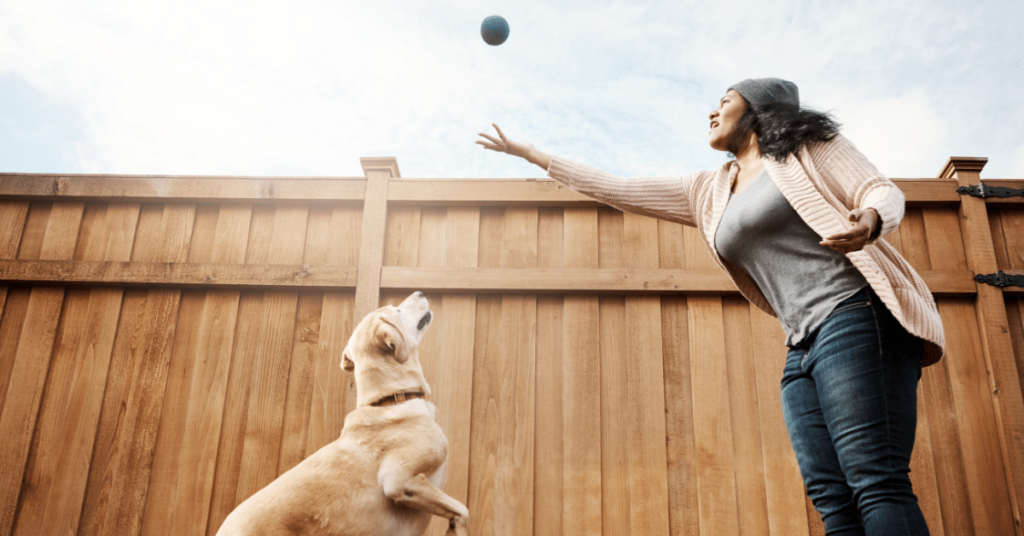Introduction
Pets are an integral part of our lives, bringing joy, companionship, and unconditional love. Just like humans, pets also need physical and mental stimulation to lead a happy and healthy life. One of the most effective ways to provide this stimulation is through playtime. Playtime not only keeps your pets entertained but also offers numerous benefits for their mental and physical well-being.
Mental Stimulation
Keeping those neurons firing
Engaging in play provides mental stimulation for your pets by keeping their cognitive abilities sharp. Various play activities such as puzzle toys, hide-and-seek games, and training sessions help stimulate their brains and prevent mental decline. These activities require problem-solving skills, memory recall, and decision-making, which contribute to improving their overall mental agility.
Anxiety relief
For pets dealing with anxiety or stress, playtime can be a valuable outlet. The mental engagement during play helps divert their attention from worries and promotes more positive emotions. Regular play sessions can also reduce separation anxiety when you are away from home, as it provides a sense of comfort and distraction.
Physical Exercise
Keeping those muscles active
Playtime is an excellent way to ensure that your pets receive the physical exercise they need. Regular physical activity helps maintain a healthy weight, strengthens their muscles, and improves cardiovascular health. Activities like running, jumping, and chasing toys not only provide exercise but also help develop coordination and agility.
Preventing obesity
Obesity is a common health issue among pets, leading to various health complications. By incorporating playtime into their daily routine, you can help prevent obesity and its associated problems. Active play sessions burn excess calories, contributing to weight management and reducing the risk of obesity-related diseases.
Bonding and Socialization
Strengthening the human-animal bond
Playtime presents an opportunity for pet owners to bond with their furry companions. Engaging in interactive play with your pet strengthens the human-animal bond and nurtures the relationship. Whether it’s a game of fetch or a tug-of-war session, the shared experience of play deepens the emotional connection between you and your pet.
Promoting socialization
If you have multiple pets, playtime can also promote socialization among them. It allows them to interact and build positive relationships, improving their social skills. Group playtime can help reduce aggression, territorial behavior, and anxiety, creating a harmonious environment within your pet household.
Mental and Emotional Well-being
Beating boredom and destructive behavior
Pets that lack mental stimulation are more likely to engage in destructive behaviors, such as chewing furniture or excessive barking. Playtime offers an outlet for their energy, preventing boredom and destructive tendencies. By keeping them mentally engaged, you provide an opportunity for them to channel their energy in positive ways.
Boosting mood and happiness
Play releases endorphins in both humans and pets, contributing to a boost in mood and overall happiness. Engaging in play not only provides physical and mental stimulation but also creates a joyful experience for your furry friends. Regular playtime can alleviate feelings of boredom, anxiety, and depression in your pets, promoting a positive and contented state of mind.
Summary
Incorporating regular playtime into your pet’s routine is essential for their mental and physical well-being. Play provides mental stimulation, relieves anxiety, promotes physical exercise, prevents obesity, strengthens the human-animal bond, and supports overall mental and emotional well-being. So, grab their favorite toy and indulge in some playtime today – it’s a powerful tool to keep your pet happy, healthy, and thriving.







